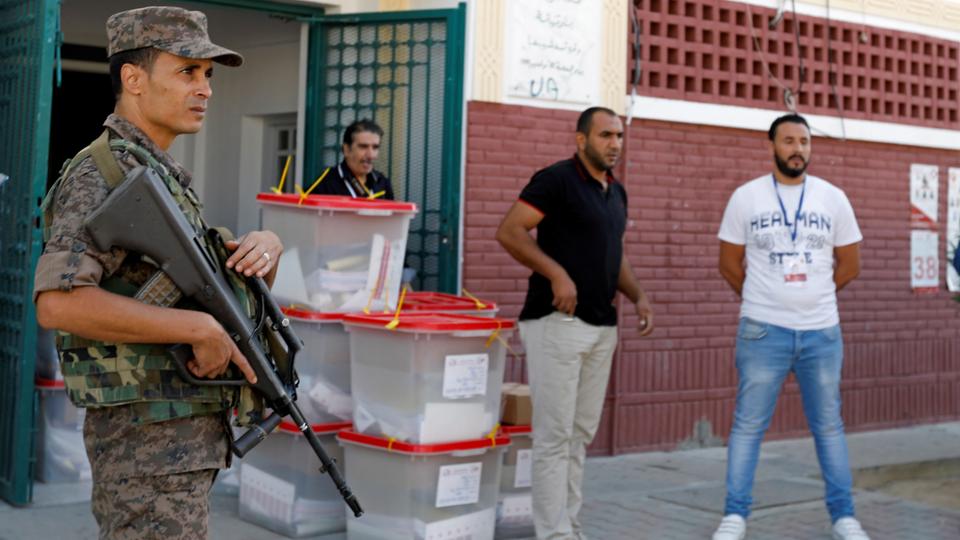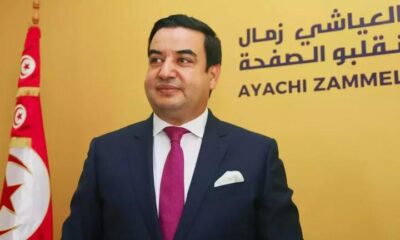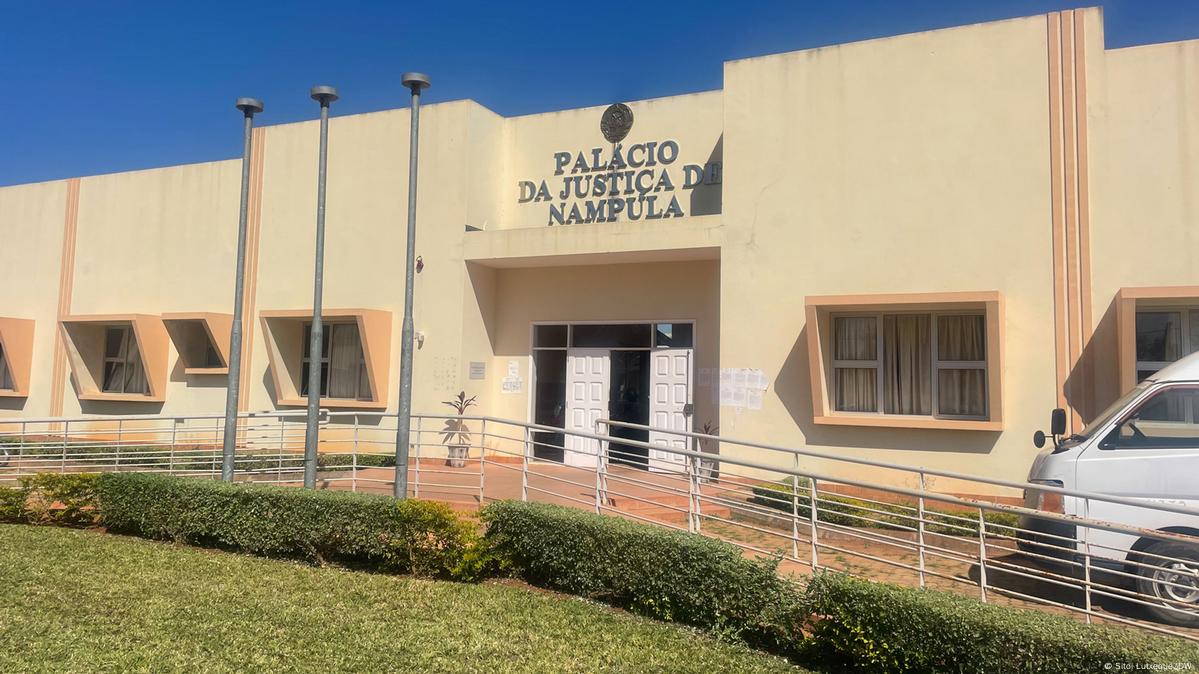An urgent bill to remove the administrative court’s jurisdiction to decide electoral issues was put out by thirty-four parliamentarians in Tunisia. But the opposition claims this would undermine the legitimacy of the presidential election scheduled for October 6.
Following the dissolution of the Supreme Judicial Council and the dismissal of numerous judges in 2022, President Kais Saied assumed control of the judiciary, and the administrative court is often regarded as the final independent court.
Political unrest has increased in the nation of North Africa ahead of the election after three well-known candidates—Mondher Znaidi Abdellatif Mekki and Imed Daimi—were disqualified by an electoral panel appointed by Saied.
The commission permitted only two candidates to run against Saied, defying the administrative court, which is the highest court in election-related disputes.
Ayachi Zammel, one of them, was found guilty on Wednesday of forging signatures on election documents in what he claims is a politically driven prosecution, and as a result, he was sentenced to 20 months in prison.
In a statement released this month, law scholars warned that should any candidate file an administrative court appeal of the election results, the electoral commission’s reluctance to allow candidates to run again might make the elections invalid.
2019 saw the election of Saied in Tunisia, the only nation to successfully emerge from the 2011 “Arab Spring” demonstrations that overthrew dictators throughout the Middle East and North Africa and installed democratic leadership.
However, in 2021, he strengthened his hold on power and started governing by decree—a move that the opposition has referred to as a coup.
Saied’s detractors claim he intimidated rival candidates and stifled competition by utilising the judiciary and electoral commission to ensure his victory.
Saied has refuted the charges, claiming he will not be a tyrant and that he is fighting corrupt people, mercenaries, and traitors.
According to the bill, ordinary courts would have exclusive authority over electoral issues instead of the administrative court. Critics and civil society organisations claim that Saied is abusing the judiciary’s independence to target political rivals.



































